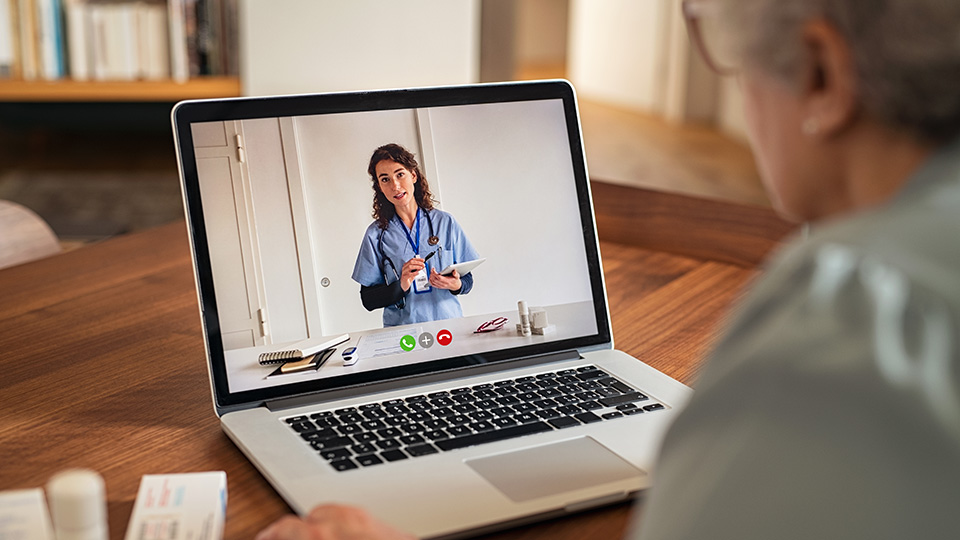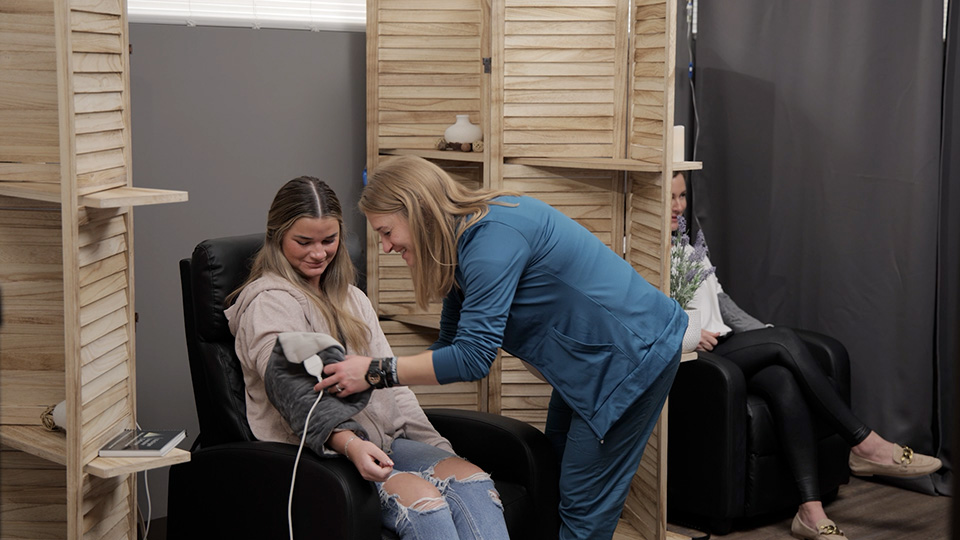What Does a Medical Director Do in IV Hydration, Aesthetics, and Wellness Clinics?
A medical director’s role in IV hydration, aesthetics, and wellness clinics goes far beyond signing paperwork. They oversee clinical safety, ensure compliance with delegation and CPOM laws, verify licensure, establish protocols, and review charts to maintain quality care. Regulators are now cracking down on “paper” directors who fail to provide real oversight. This guide by Dr. Christopher Seitz explains what medical directors are truly responsible for—and how compliance platforms like GuardianMD help clinics and physicians manage risk, stay audit-ready, and build sustainable, compliant practices that protect patients and providers alike.









